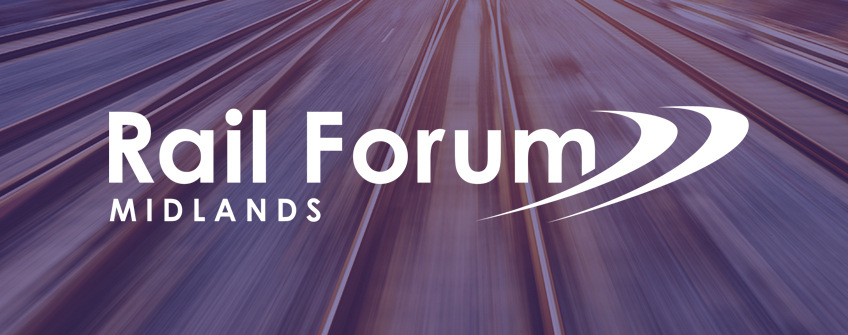During last week it was reported that following a meeting with the Withdrawal Joint Committee, the UK had formally notified the EU that it will neither accept or seek any extension to the Transition Period.
However, coronavirus has had an unprecedented impact on all aspects of life and because of this the Government are introducing border controls in stages for EU goods imported into GB to give businesses more time to prepare. The stages are:
- From January 2021: Traders importing standard goods, covering everything from clothes to electronics, will need to prepare for basic customs requirements, such as keeping sufficient records of imported goods, and will have up to six months to complete customs declarations. While tariffs will need to be paid on all imports, payments can be deferred until the customs declaration has been made. There will be checks on controlled goods like alcohol and tobacco. Businesses will also need to consider how they account for VAT on imported goods. There will also be physical checks at the point of destination on all high risk live animals and a proportion of low-risk live animals.
- From April 2021: All products of animal origin (POAO) – for example meat, pet food, honey, milk or egg products – and all regulated plants and plant products will also require pre-notification and the relevant health documentation.
- From July 2021: Traders moving all goods will have to make declarations at the point of importation and pay relevant tariffs. Full Safety and Security declarations will be required, while for SPS commodities there will be an increase in physical checks and the taking of samples: checks for animals, plants and their products will now take place at GB Border Control Posts.
To support businesses with the new processes taking effect next year, Government has developed a new £50m package to boost the capacity of customs intermediaries – including customs brokers, freight forwarders and express parcel operators – providing businesses with further support. This funding will support intermediaries with recruitment, training and supplying IT equipment to help handle customs declarations. Rules will also be changed to remove barriers for intermediaries taking on new clients.
Additionally, Government has committed to building new border facilities in Great Britain for carrying out required checks, such as customs compliance, transit, and Sanitary and Phytosanitary (SPS) checks, as well as providing targeted support to ports to build new infrastructure. Consultation with ports across the UK to agree what infrastructure is required is planned.
This announcement is another important step towards getting the country ready for the end of the Transition Period, but there is still more work to be done by both Government and industry to ensure we hit the ground running as a fully independent United Kingdom. RFM, on behalf of members, is liaising with Government and we are keen for your queries and feedback so that we can pass these on. Please get in touch with us to let us know your thoughts or concerns.

